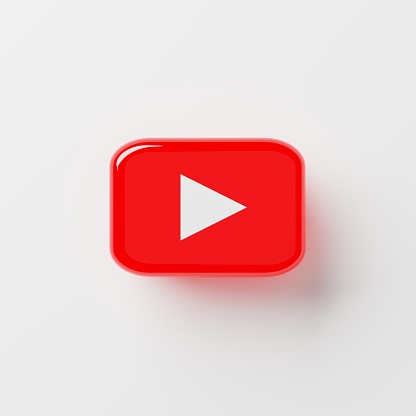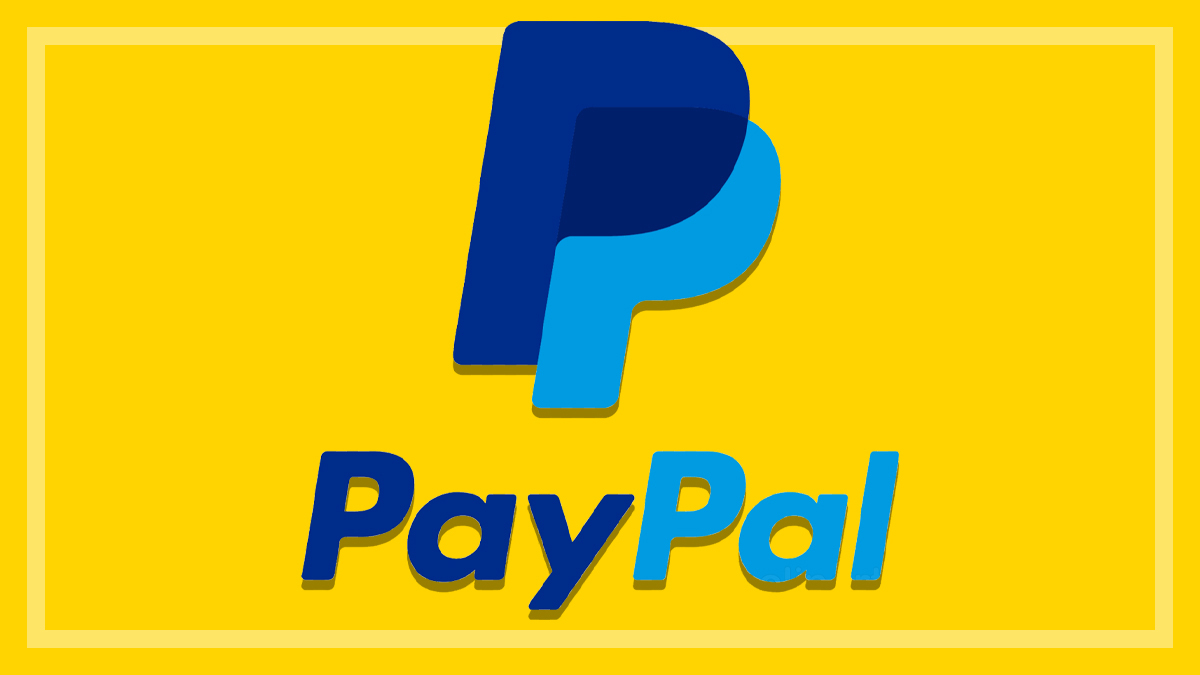How to do keyword Optimization in your youtube videos
Do you want to rank your youtube videos higher in the search results
and want to get a lot of views? Don’t worry because learning how to do
keyword Optimization can help you to solve that problem for you.
By incorporating keywords on your channel helps YouTube understand
what kind of content you create and how to deliver that content to the
right target audience. By optimizing your page with carefully thought out
keywords, YouTube rewards you by showing your videos to a potential
audience through search results and suggested videos.
This article is broken down into 2 parts, first on how to effectively choose
the right keywords and second on effective placement of chosen
keywords to help you rank higher on YouTube search.
So, let’s dive deeper into this article.
1. How to find your proper keywords – keyword planning
Keyword planning is the most important segment in the youtube
research analytics . By planning and executing the proper keywords ,
your videos can rank way higher in the search results and you can get a
lot of views.
This is primarily divided into 3 segments :
a. Check Out the Competition
Perform competitive research on creators within your niche. Find a
channel with a similar number of subscribers and content category. View
their most popular videos and see what keywords they incorporated in
their title, description and video tags. If you find something that
resonates with you, add it to your keywords list.
b. Learn From Your Channel’s YouTube Analytics
In YouTube Studio, head over to the analytics tab and click on reach.
From here you can see exactly what keywords people are typing in the
search bar to find your videos. This provides you with words and
phrases you can further optimize on your page by including them in
other key areas of your channel.
c. Make Use of YouTube Autocomplete
When you begin typing in the search bar on YouTube, you will notice
YouTube automatically populates suggested keywords to fill in the rest of
your search. This is YouTube feeding you information about what is
trending in searches. This is where you can get your long tail keyword
phrases. These longer phrases are more specific, meaning less
competition for you.
2. Where to Place your Keywords – Keyword Placements :
a. Titles
This is where long-tail-keywords are beneficial. These are longer, more
specific phrases used for more niche searches. Shorter keyword
phrases have likely been taken over and covered by bigger channels.
Use your title as an opportunity to directly separate yourself from the
competition and use a keyword phrase that directly communicates the
content in your video.
b. Video Descriptions
Shorter keywords and more specifically, your focus keyword, thrive in the
video description. Your focus keyword is the term you want your video to
be searched for the most. This is your best ranking keyword chosen for a
specific video. YouTube recommends placing this keyword early on inyour description so it’s easier to find when crawling your page. For
example, if you have a video describing how to effectively use SEO on
your YouTube Channel, “YouTube SEO” should appear within the first
sentence of your description.
c. Tags
When you get to adding keywords to the tags section, you might think,
the more the merrier. Don’t fall for this temptation. YouTube prioritizes
quality over quantity and recommends using 10-20 strong keywords. The
most relevant and popular keywords should be first followed by more
specific ones, such as long tail keywords.
So, these were the tips and strategy on how to do a powerful and
effective keywords optimization. I hope that you’ve enjoyed reading this
article.
Related Posts


















